Words of wisdom and miscellaneous facts by Dr. Wysong and others.
This is an accumulation over several decades and the accuracy cannot be attested to.
Wysong vs Nemos Bible Debate
COSMOLOGY LIES AS BIG AS THE UNIVERSE
⬇️ Click to scroll down to article
"We'll know our disinformation program is complete when everything the American public believes is false."
—William Casey CIA director 1981
The bigger the lie the greater its acceptance because people cannot believe authority figures would ignore reality.
To find truth we must hate the lie more than love accepted beliefs.
Fraud vitiates everything it touches. (common law maxim) Nudd v. Burrows (1875) 91 U.S. 416.
Fraud destroys the validity of everything into which it enters. Boyce's Executors v. Grundy (1830) 28 U.S. 210.
Fraud vitiates the most solemn contracts, documents and even judgments. United States v. Throckmorton (1878) 98 JU.S. 61.70.
FORWARD
The accepted cosmogony/cosmology (origin and nature of the universe) belief is:
—William Casey CIA director 1981
The bigger the lie the greater its acceptance because people cannot believe authority figures would ignore reality.
To find truth we must hate the lie more than love accepted beliefs.
Fraud vitiates everything it touches. (common law maxim) Nudd v. Burrows (1875) 91 U.S. 416.
Fraud destroys the validity of everything into which it enters. Boyce's Executors v. Grundy (1830) 28 U.S. 210.
Fraud vitiates the most solemn contracts, documents and even judgments. United States v. Throckmorton (1878) 98 JU.S. 61.70.
FORWARD
The accepted cosmogony/cosmology (origin and nature of the universe) belief is:
A Big Bang of nothing created an infinite meaningless universe containing atomic dust that gravitationally accreted into heavenly bodies including our Earthball moving in several different directions at 2.8 million mph and holding an atmosphere next to the vacuum of space while spontaneously forming life from primeval sludge that then evolved into complicated rocks called humans with no free will.
Long ago it became clear to me that the materialistic evolutionary part of that credo was false.
But I was on board with the cosmology part. After all, we see rocket ships going to and fro, there is a "Space Force," pictures of Earth and planets abound, astronauts float around and in the International Space Station, thousands of people and billions of dollars support it, and, of course, "all" the experts believe.
To question this is to be a conspiracy theorist, misinformationist, or even a lunatic. Oh my, we must, after all, follow the crowd.
The idea that we are being lied to about space didn't even enter my mind until a few months ago when what was left of my naive and trusting innocence had been totally demolished with the COVID-19 fraud.
We, the crowd, extend our trust to institutions charged with looking after our interests. But government, Big Medicine, education, media, industry, Big Tech, science, and NASA chase money, their own security, and even power over us.
That should not inspire confidence in beliefs they create, promote, protect with censorship, and even demand acceptance of.
If we want truth, we have to find it ourselves. To do that requires the opposite of trusting in others. It means sleuthing what the powers that be try to hide from us in internet archives, banned videos, censored "disinformation," and what "fact checkers" say isn't so.
Probing into the subject I was stunned to learn that:
That means unproven beliefs, stories, and even fakery are being passed off as science and truth.
This subject may seem inconsequential to everyday life. But that's only true if we aren't being lied to about it. If the truth is being hidden from us, we can be sure of one thing, it's not being done for our benefit.
Truth seekers learn that the scale and ostentatiousness of lies being fed to us means nothing can be tacitly trusted.
Everything of importance from government, media, industry, medicine, education, economics, science, history, religion, and popular society must be assumed to be false unless we prove otherwise by doing our homework and thinking critically.
This series will provide wake-up information to help you discover lies as big as the universe.
But I was on board with the cosmology part. After all, we see rocket ships going to and fro, there is a "Space Force," pictures of Earth and planets abound, astronauts float around and in the International Space Station, thousands of people and billions of dollars support it, and, of course, "all" the experts believe.
To question this is to be a conspiracy theorist, misinformationist, or even a lunatic. Oh my, we must, after all, follow the crowd.
The idea that we are being lied to about space didn't even enter my mind until a few months ago when what was left of my naive and trusting innocence had been totally demolished with the COVID-19 fraud.
We, the crowd, extend our trust to institutions charged with looking after our interests. But government, Big Medicine, education, media, industry, Big Tech, science, and NASA chase money, their own security, and even power over us.
That should not inspire confidence in beliefs they create, promote, protect with censorship, and even demand acceptance of.
If we want truth, we have to find it ourselves. To do that requires the opposite of trusting in others. It means sleuthing what the powers that be try to hide from us in internet archives, banned videos, censored "disinformation," and what "fact checkers" say isn't so.
Probing into the subject I was stunned to learn that:
| Nobody, including any scientist, can prove any aspect of the approved cosmogony/cosmology belief using experimentation and the scientific method. |
That means unproven beliefs, stories, and even fakery are being passed off as science and truth.
This subject may seem inconsequential to everyday life. But that's only true if we aren't being lied to about it. If the truth is being hidden from us, we can be sure of one thing, it's not being done for our benefit.
Truth seekers learn that the scale and ostentatiousness of lies being fed to us means nothing can be tacitly trusted.
Everything of importance from government, media, industry, medicine, education, economics, science, history, religion, and popular society must be assumed to be false unless we prove otherwise by doing our homework and thinking critically.
This series will provide wake-up information to help you discover lies as big as the universe.
"We'll know our disinformation program is complete when everything the American public believes is false."—William Casey CIA director 1981
"We know they are lying, they know they are lying, they know we know they are lying, we know they know we know they are lying, but they are still lying."—Aleksandr Solzhenitsyn
"We know they are lying, they know they are lying, they know we know they are lying, we know they know we know they are lying, but they are still lying."—Aleksandr Solzhenitsyn
|
11/22/2019
Click to enlarge, Ctrl + to enlarge further; Ctrl 0 to return to 100%
Before people gathered into complex societies, government was very simple. The might of the patriarch, matriarch, or the strongest member of the group maintained order. Those who disagreed were clubbed into submission or could move on into the vast untamed wilderness. As agriculture developed and food could be stored, people transitioned from hunter-gatherers to farm-based communities. Numbers swelled and leisure permitted more time for amour. Thus was born civilization.
Rubbing shoulders with increasing numbers of neighbors brings problems that need an arbiter, a central authority. Unfortunately, rather than people getting together and rationally devising a social order, rule by bully continued. Aristocracies were formed and obedience to their edicts was assured through brute force and fear. A few public beheadings, burnings at the stake, a disemboweling in the central square, and corpses skewered on stakes around the city went a long way in making citizens compliant no matter how malign the dictatorship. With time, the desire for freedom among the masses grew. Great minds began to reflect on the proper form of government. The ancient Greek philosophers are generally credited with introducing the concept of democracy. Later, the English limited the power of kings with the Magna Carta and the House of Commons. Having lived for millennia under despotic rulers, freedom, and a voice in the shape of society must have been an exhilarating prospect for the ordinary citizen.1 Society has been toying with the balance between freedom and the rule of law for thousands of years now. Each of us would like total and absolute freedom, but would really rather that our neighbors have some constraints. We know our own hearts and minds, but do not know and are usually suspicious of the motives of others. This brings us to the central issue at the core of government: is man basically good or is he bad? By 'good' and 'bad' I mean, can humans be trusted to look after the interests of their neighbors and society as a whole, are they always selfless and honest? After thousands of years of evidence, the answer is pretty clear. We are not altogether a very trustworthy lot. The longer our leash, the more nasty many of us are and the more trouble we get into. So constraint (government) is clearly a necessary evil. It is also necessary because there is evil. In an ideal world, people would self-govern. Kindness, selflessness, generosity, and ethics would obviate the need for laws and punishment. But such is not the world of our reality. Humans cannot be trusted and must be controlled in order for everyone to at least have the opportunity for some measure of freedom, peace, and security. Government fills that role, but must be carefully and thoughtfully designed and monitored. I would like to venture into this topic from the perspective of what the best form of government could be, its responsibilities and limits, and how people who would destroy peace and security should be dealt with. I do this not just because it is interesting, or that I want to add yet another opinion, but because the subject again demonstrates so vividly how misled the majority can become and how clear and open thinking is the solution. It would seem that the ideal government would be the least government so that people could have maximum freedom. This would mean that people would need to be trusted. Most certainly they should be—we just better not trust the devil in them. So governmental rule is the price to keep the devilish nature of humans in check. As we grow into adulthood, it is natural for the tensions of roiling youth to manifest in an uncertainty and suspicion about authority. We come to just plain object to others telling us what to do. When we are young we never cease to be amazed at the stupidity of our elders; as we add years to life we come to be amazed at how much those elders learned in the intervening years. Some stay in this cynical and rebellious mode for life. Universities are particularly suited for propagating this idea because abstract theories about freedoms and equality can be advocated without experiencing the consequences of their real world applications. For those who leave the university and the protest marches, life out in the real world begins a new stage of intellectual awakening—or should. The strong libertine and socialistic current today is a manifestation of this university-type thinking. It attempts to deny the necessity of rules and embrace the naiveté of youth. When we are twenty we feel we have no heart if we do not extend blanket understanding and compassion to rule breakers; when we are forty we have no brain if we do not see that rules, laws, and limits are essential.
A social and moral decision based only on compassion that makes us feel good about ourselves is irrational. Taken to its logical end: Rape could be justified because 'nobody is really harmed' and rapists have sexual needs; murder could be excused because people have a right to be upset and anyone can lose their head when really angry; theft and arson forgiven because kleptomania and pyromania are 'diseases.'
The enthusiasm and impatience in youth to right wrongs is both commendable and excusable. A child does not have the knowledge or experience to measure social, health, environmental, political and economic ramifications. But in the adult world things should be different. Attempting to fix the symptoms of hunger, poverty, economic inequality, and other social problems using shortsighted, libertine, and socialistic principles may seem compassionate and understanding, but such fixes do not address the underlying causes and real solutions. Left to our own child-like devices of shortsighted compassion and freedoms, the very fabric of society would eventually unravel. There must be rules and limits. The ideal government to effect that would be an all knowing, all wise, benevolent dictator; a kind and selfless person who governs with pure reason, wise foresight, flawlessly determines guilt, and punishes and deters the bad guys with perfect justice. The best benevolent dictator to yet come along filling that bill is a paper one, a constitution. What a clever idea. Great minds can sit down soberly and confer on defining a perfect governmental dictator. It's like creating the ideal person on paper, a ruler who governs with perfect justice, protects freedom, allows some flexibility and adaptation, does not grow old, become inept, and does not have an ego that might take over and change things for nefarious or selfish reasons. A constitution is a contract, too, because it assures all citizens that government will behave in a certain way into perpetuity. We don't have to worry about its mood, health, hormone surges, insecurities, megalomania, favoritisms, biases, or ambition.
In contrast, some would argue that communism/socialism—from each according to ability, to each according to need—is a better idea. What could be more fair than everyone working as hard as they can and everyone having all their needs taken care of? But the necessary subtext for this idea is that it presupposes that people are inherently selfless—that they will indeed work as hard as they can and willingly donate the fruits of their labors to be redistributed. They aren't. So communism (used interchangeably with socialism here) theorizes the way society ought to be (one gigantic, selfless commune), not the way it is (self-serving and dangerous). Treating the world as we would like it to be is to live a fantasy. That's not what grown up thinking adults should be doing.
Communism naively assumes that everyone will delight in being a team player and forget about individual desires. But the majority is not going to muster their full measure of ambition and creativity if they are not proportionately rewarded. Why break out a sweat at work if the rewards are spread to those who do no sweating? Why work hard if needs are taken care of no matter how hard you work? America's early history taught a lesson that needs to be remembered. It seems that the colonists decided that everyone should put the fruits of their labors into a common stock, and withdraw only what was needed—communism. The problem was those capable of work resented their results going to women, children, and others not pulling their load, so they stopped working. Only about one fifth of the men worked and the others just freeloaded. The result was a famine in 1609 that dropped the population in Jamestown from 500 to 60. To solve this, leaders in Plymouth and Jamestown gave everyone a piece of land and permitted them to keep what they produced—capitalism. The result was bounty so great they even began to export.2 Since work is the thing that drives an economy and provides the money to distribute to all "according to need," if incentive is killed and people refuse to work, they must be forced to. Thus communism has never been able to function without the heavy hand of government. Some of the world's most oppressive and despotic regimes have emerged in attempts to implement this political ideology. In fact, communism takes root because of oppression, such as in the autocratic czarist state. An economic blight swept across Russia in large part due to a selfish aristocracy. Their circumstances were quite different from a free society wherein people can earn their way to whatever station they desire and are capable of. A free society presents no cause for a communistic revolution. Economic differences are a symptom of freedom, not oppression. They are the sprouts from the seeds of liberty, not weeds to be scorned, trod upon, and used to incite riots.3 Nevertheless, there is always pressure to implement communistic ideas because they sound so fair and compassionate. Marxists tend to even adopt a presumptuous sense of moral superiority. Redistributing wages through an income tax, social 'safety nets,' welfare, and minimum wage laws are examples of beneficent communism in action. Such policies may seem fair and compassionate on their surface, but they can spell the beginning of the end for a free society. (These arguments are not to suggest that society does not have the moral duty to extend a helping hand to the truly helpless and needy.) Socialistic actions spread over the masses siphon off individual initiative, the very stopper that allows the economic sink in a society to fill. Pull it and eventually there will be nothing left for government to dip into to redistribute. Politicians who try to impose communistic/socialistic principles to cure economic imbalance are trying to cure dandruff with a guillotine. They are often an especially slippery group of do-gooder self-promoters, who, under the pretense of intellect disassemble the very fabric of self-responsibility that holds a free society together. At best they are blind fools, at worst moral frauds. For citizens who wish to rise up out of their station, the solution is not a gift from government, it is freedom and opportunity.4 If communism seems fair on its face, so, too, does democracy. What could be more fair than majority rule? No dictators, no tyrants, no kings or queens, just 'we the people' ruling ourselves. Simple enough—or so it would seem. Plebiscite (majority rule) is neither fair nor rational because 51 percent of the people could vote to do away with the other 49 percent. Also, there is the tacit assumption that voters are informed. But such people are a rarity. Uninformed voters create government by ignorance, leaving the informed minority at the mercy of the uninformed majority. Rule only by consent of the governed gives no assurance of a rational or sustainable government. Another fallacy of democracy is that voting is said to be a patriotic duty. The duty is to become informed enough to vote intelligently. If a voter is not informed, they should not vote. In fact, why should it not be illegal to do so? A nation that expects to be ignorant and free is expecting something that cannot be.5 In a democratic republic such as America, is it not obvious that no voter should be allowed to cast a vote unless they can pass a test demonstrating their knowledge of the Constitution? They should also be able to pass a test proving that they understand the issues and the positions of each candidate. A monitored voter literacy test should be given to every eligible citizen who desires to vote. Why not? We do it for driver's licenses. Maintaining freedoms and integrity to the Constitution are at least as important as driving a car. Steering a nation is no less important. People elected should have ethical character, high intelligence, a clear vision of the Constitutional principles of individual responsibility, and be one of the people, not an imperious career politician type. Unfortunately, political races in America increasingly look more like popularity contests of debutants where paper mache figures move across a sound stage saying whatever will gather votes. For some politicians, the most important qualifications are some degree of cultivated English and the ability to discern and pander to hot button issues. Politics has become the second oldest profession by copying the first as closely as possible. Selfish uninformed voters in a democracy make the important unimportant and vice versa. For example, how many politicians would ever get voted into office if they ran on a platform of: Making everyone pay an equal share of taxes; putting a limit on the weight of a vehicle being used for personal transport; prohibiting voting without a passing score on a voter's literacy test; limiting the size of homes; penalizing people for families beyond a certain size; installing a luxury tax on all non-essential goods; placing a moratorium on all urban sprawl; requiring that all criminals pay restitution to victims and earn room and board while incarcerated (see below); fining all land owners who do not properly maintain their property; requiring that all people who are able bodied earn their own sustenance and support their offspring; charging people per pound of garbage and requiring everyone to recycle and compost; prohibiting the manufacture of any commodity that cannot be reused or recycled. Each of these policies may be rational and serve the long-term interests of society, but the majority wants no part of it. They insist on their freedom and right to not have their lifestyle disturbed no matter whether it destroys society or not, and that is what they will vote for. Because of the general ignorance and shortsighted view of most of the public, democracy can become nothing more than a gangplank to eventual totalitarianism and economic blight. American voters endorsing socialism and increased taxation present such a clear and present danger.
Cries of injustice often arise because of the economic disparity that exists. On its face it hardly seems just that the wealthiest five hundred people in the world have a net worth that exceeds that of the poorest three billion.6 At the same time, everyone feels that people should be able to exploit their talents, work to their hearts' content, and enjoy the spoils thereof—the Constitutional guarantee of "the pursuit of happiness." But the latter is not possible without the former. If economic unevenness exists in a free society (all other things being fair and equal), it must be seen for what it is: a manifestation of the inherent inequality among people. People should not get to 'have' things; they should get to earn them. People are not doomed to 'have not;' they make the choice to not earn. The most important freedom is the ability of people to move up and down the economic scale, not the guarantee of economic equality. This is not to deny that help should be extended to people who find themselves in an impossible and hopeless situation over which they have no control. In fact, if there is to be economic intercession, it should be helping the bottom pull themselves up, not dragging the achieving top down.
Those who have earned Constitutional "happiness" (economic security) also usually attain the time and resources to think about the greater good and a higher purpose. A free enterprise system makes it possible for the common person to rise up out of a mundane hand-to-mouth existence and have the power of a king to do good. Earning "happiness," not having it guaranteed, also teaches valuable lessons about cause-effect relationships that are essential tools in personal success and in valuing the world. So, the existence of success honestly earned in a free society is not a problem needing a solution; it's reason for celebration. It means that freedom for the common person to earn Constitutional "happiness," and to reach out to make a better world is alive and well. Regardless of the form of government, money is needed to run it. When we enjoy benefits such as roads, military protection, and social order, there are bills to pay. Public schools have a price, policemen need wages, sidewalks need to be constructed, roads graded, and a border defense maintained. Paying those bills with tax revenues is both necessary and fair. Taxes also help keep government in check. A government that has to ask its citizens for taxes is a government that will be held accountable. Without motivation by rulers to win the favor of the public, the needs of the people are too easily dismissed or ignored. Some of the world's most oppressive regimes have emerged in nations where rulers are awash in wealth from natural resources. Since everyone in society should have to pay for the benefits and services they receive, the question of how to tax is quite simple. There should be a use (toll) tax where it can effectively be applied. For the remaining costs, government should tally its bills, divide the total by the number of citizens, and come up with a per capita fee, a citizen tax. Send the bill to every adult monthly or yearly. What could be more straightforward or just? What other club or organization that brings benefits—not even approaching those in the American citizen club—does not charge dues?
But no, rather than do something rational and consistent with Constitutional principles (such as the right to the "pursuit of happiness"), politicians have done a very slippery thing: tax citizens based upon income. It is no fairer to base tax on income than it is for a gas station or grocery store to charge based upon the size of your last pay stub. If there are those who work especially hard and do well, why on earth should they be forced to pay a larger share of the common costs of running a government? The focus of government should be to protect the freedom to pursue the American dream and achieve success, not punish it. But that's exactly what the scaled income tax does.
Once we've settled what government should be like and how it should be paid for, we must turn our attention beyond our borders. No matter how well we govern affairs in America, an unsettled world always looms ready to spoil things. If we set aside fears about loss of 'sovereignty' and conspiratorial notions about a 'new world order,' one must wonder why the world is divided up as it is in the first place. Why is it not one universal organization? The Earth is just one round globe. It is circular and by nature continuous. We all breathe the same air, drink the same water, and walk on the same ground. It seems silly to treat a circle as if it had beginnings and ends. Each of us individually needs some private space, but rights of territory beyond that do not serve the world's common welfare. Obviously, one benevolent world government with absolute authority, one set of rules, and an international court is the only way the world can ever have a shot at being at true peace.
Such a world order of things will not come so much by design, but because information is flowing more and more freely around the world. As people learn that people everywhere are just like them, borders will increasingly become irrelevant. Commerce will also do much to effect this change. World summits, trade treaties, and accords all increasingly bring pressure against borders. A free world market sends workers to where the money is, and business moves to where labor is cheapest. With time, this will result in a leveling of the world's standard of living. We see this happening at present as third world countries industrialize, win markets, and increase their standard of living, while developed countries lose markets and wages plummet. Over time, as this unfolds, the desperate migration of people will abate, and at least some of the causes for war will disappear.
One world where fairness rules, resources are properly managed, the environment is protected, and everyone has freedom and a fair chance in the pursuit of happiness is utopian. Particularly does it seem a distant dream when in a free society, such as America, government panders to ideas of multiculturalism—a hodgepodge of hyphenated Americans with no unified language.
But why not a one-world ideal? Can our conscience ever be at peace while there are those in the world who have no chance of a decent life just because they were born behind the wrong border or under the thumb of a tyrant?
Which brings us to the question of what free nations should do about despotic and oppressive regimes? Being a pacifist is the easiest thing in the world to be. But reason and ethics dictate that our hearts must be tempered with reality. We can't turn a blind eye toward, sidestep, or accommodate torture, murder, and other unspeakable crime while we sit comfortably in our homes excusing our inaction with responses born of moral smugness like, "we can't police the world," or "killing is a sin." That amounts to taking a leave of absence from ethics, not taking charge of it. Permitting suffering we could prevent in this life, in order to secure our place of bliss in the next life, is cause for shame, not moral pride. Until we have a new world where all nations, leaders, and peoples lead moral and just lives, those who are moved by conscience have no choice but to intercede to save those who are oppressed. However, if battles are fought, it is morally obscene to send primarily young innocent people who have no mature understandings, or played any part in politics, to be killed and maimed.
Not only must nations be held accountable, but so, too, must individuals. Rules and laws mean nothing if they cannot be adjudicated and enforced. Justice within society should not depend upon expensive lawyering, and the innocent should not be behind bars due to overly aggressive prosecutors trying to make a name for themselves. The legal and criminal system as it stands generates huge economic incentives, and, as we have seen repeatedly in this book, all it takes is money to nail bad ideas in place.
Let's consider the dilemma of what society is to do with criminals. Since prison populations are growing at three times the rate of the general population, this is no small problem. Certainly dangerous criminals must be secured safely away until such time as there is reason to believe they are no longer a threat. That, of course, is the theory behind the present penal system. But how does it make sense to lock people away in expensive facilities providing for their every physical need by sending the bill to society? Meanwhile, the victims of the criminals are left with their injuries and abandoned. Why does the criminal not have to repair the damage to victims or those left behind bereaved?
A secured restitution work farm would be a rational alternative. Criminals would be employed producing useful labor or goods in order to pay for the victim's medical bills, lost work, and incapacities. Moreover, the criminal must pay all the costs to society for investigations, trials, and room and board while incarcerated (a great motivation for those guilty to admit it and reduce the legal costs).
This is not to suggest a chain gang, but rather passable work and living conditions with the product of labor going where it should, to the victims and society. U.S. companies are always looking for a labor force. Well, here it is, right on our own shores, and numbering over two million. The time it takes for economic restitution would by and large dictate the length of the term, unless the person is a clear threat to society. For example, if you attack another, incapacitating them, then you have to spend whatever time is necessary earning the money to take care of them. Those who take another's life must substitute their own life with a lifetime of productive work to repay society and the victim's family. How can discipline be maintained on the restitution farm? Well, a hard day's work will leave little energy for much more than rest. As it is now, prisoners lollygagging in cells all day have nothing to do with their energy other than scheme more wrongdoing. Discipline could be maintained with the threat of an extension of stay and longer work shifts. As it stands, life in prison is cozy enough that many criminals prefer life there. Such a system based upon restitution would both deter crime and offset the damage created by it. Unlike the death penalty, the restitution farm would not have the potential of unjustly taking the life of another since time would be provided for proof of innocence.
There is nothing better to sober someone up and drain them of the energy to think up evil deeds than a hard day's work. Even dog trainers and behaviorists know enough to exercise and tire an aggressive and fractious animal to make it more compliant. For minor offenders who have a stint in these restitution farms and are then released, they will come to know what work is. Experience they gain could actually improve their resume for work when released. Also, the word would be spread on the street that crime means hard work, not just prison condo living. If they repeat offend, then society will not be the one to suffer. Criminals should be self-maintaining, even a profit source, rather than an economic sinkhole.
Social and governmental problems are not so complex and insurmountable as they may seem. Like all other problems, they only arise, remain, fester, and grow if we let emotion, money, selfishness, and short-term interests, rather than thinking, matter. If you agree, disagree, have questions, or have a correction please let me know. Comment below or email me at [email protected]
Leave a Reply. Choose Any Name
Comments
|
Introduction
1. We Can Agree 2. Possibility Thinking 3. The Solver Principles 4. Our Owner's Manual 5. We Live in A Unique Time 6. Being Health Smart 7. The Illusion of Youth Health 8. The Good Old Days 9. Timing Life 10. Exercise 11. Hormones and Steroids - A Two-Edged Sword 12. The Female Hormone Problem 13. Growing Older 14. Squaring the Curve 15. Healthy Dos and Don'ts 16. The Medical Profession 17. The Greatest Threat to Health 18. Don't Surrender to Medical Care 19. But We Live Longer Today 20. Dollars Don't Make Health 21. Disease Does Not Strike Us 22. Germs Don't Cause Disease We Do 23. From Where Does Healing Come 24. The Best Food 25. Food Ethics 26. Healthy Weight 27. Healthy Eating Ideas 28. First Things First 29. Hopelessness 30. Depression 31. Memories 32. Addiction 33. Blaming the Parents 34. Surviving Tragedy 35. Touch 36. Music as Healer 37. Humor 38. Pets as Life Savers 39. Pet Keeping - A Serious Responsibility 40. The Myth of 100 Complete Pet Foods 41. Feeding Pets as Nature Intended 42. Industry vs. Earth 43. Population 44. Modernity's Deception 45. Animal Rights 46. Biophilia 47. Respect for All Life 48. Doing Good With Business 49. The Global Economy 50. The Power of Money 51. Financial Affairs 52. Work as Friend 53. Government 54. The End of Civilization 55. Freedom Is Not Equality 56. Sex 57. Being in Love 58. Marriage - The Union of Opposites 59. Divorce 60. The Family Nest 61. Having Babies 62. Children 63. The Empty Nest 64. Experience 65. Education 66. Life Is Uncertain 67. Things Mound Up 68. Murphy's Law 69. Life's Predictability 70. Finding Home 71. Learn From History 72. Shaping the Future 73. The Other Line Always Moves Faster 74. Little Things Add Up 75. Growing Up 76. Alone 77. Hope 78. Paying the Success Price 79. Change A Wonderful Thing 80. Being the Best You Can Be 81. Do Something, Something Happens 82. Change the World 83. Growing Good People 84. Words 85. Genius 86. Listen and Learn 87. Mind Over Matter 88. Looking Good 89. Protecting Yourself 90. Self Sufficiency 91. Life Is Math 92. Ethics 93. Conscience 94. The Long View 95. Being Real 96. Change 97. End and Beginning Figures |


 YouTube
YouTube Podcast
Podcast
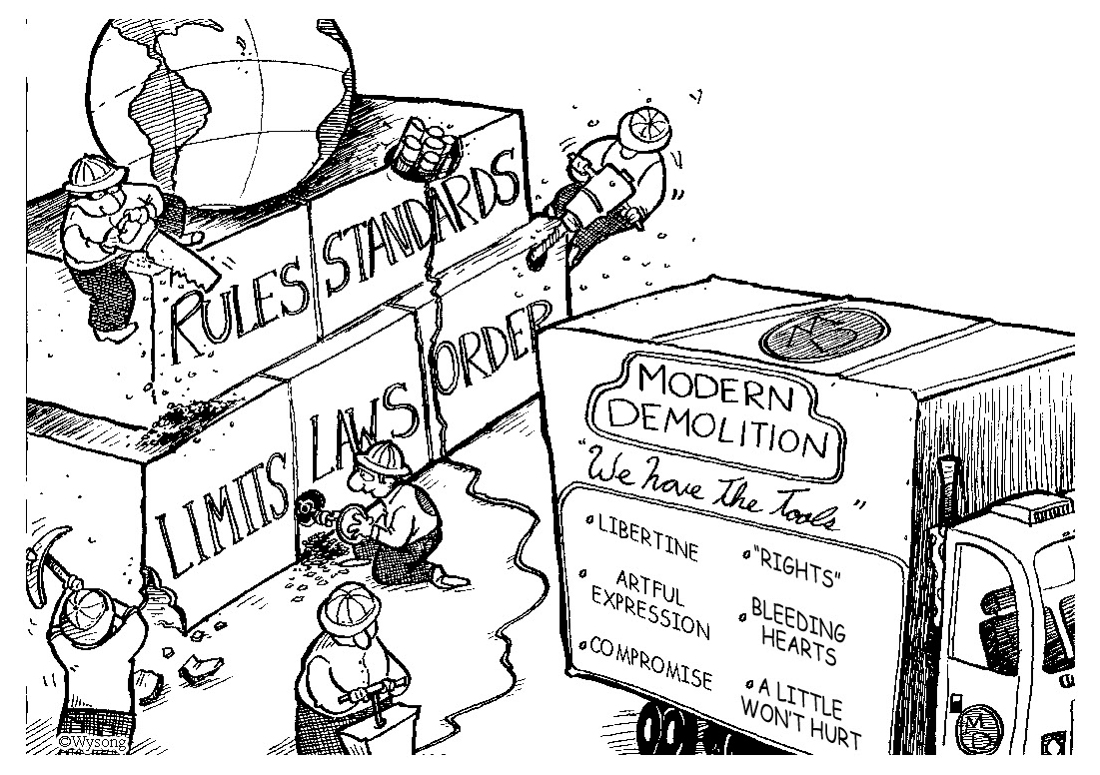

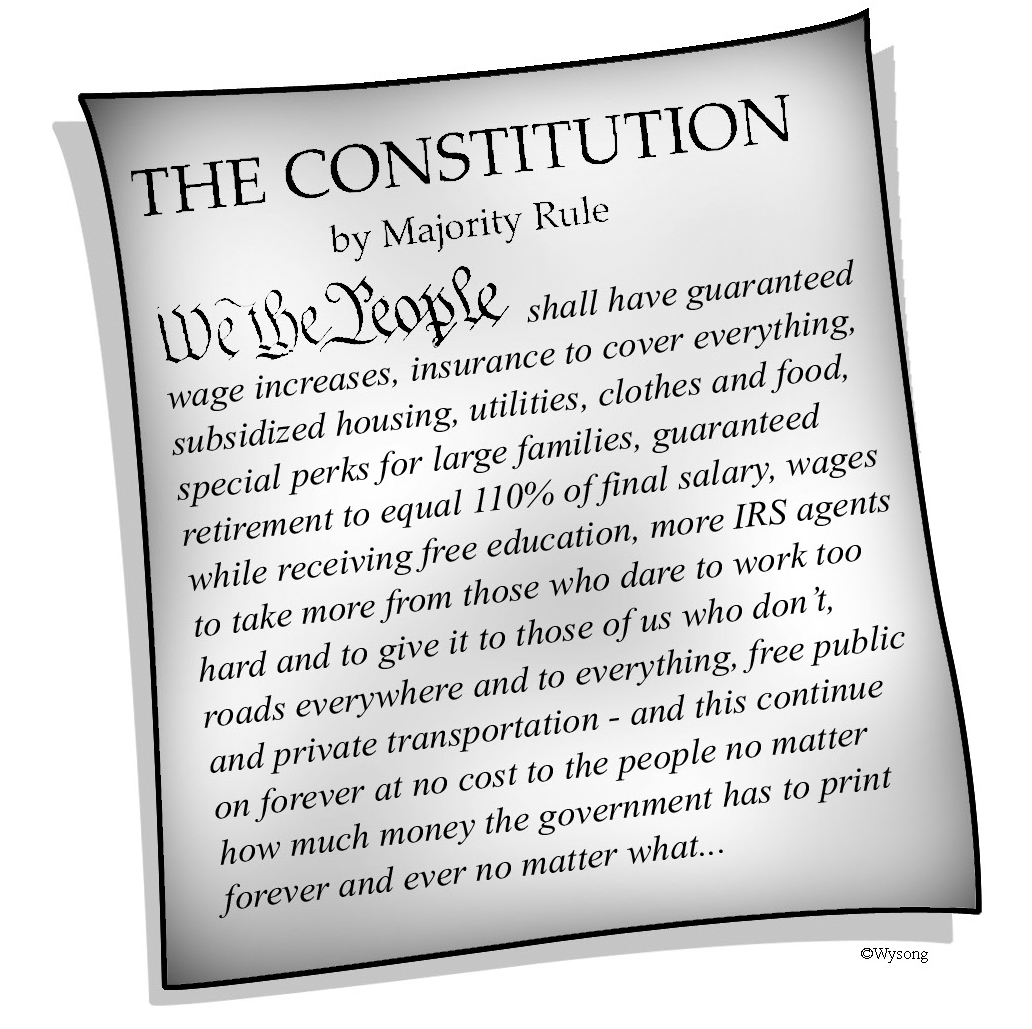
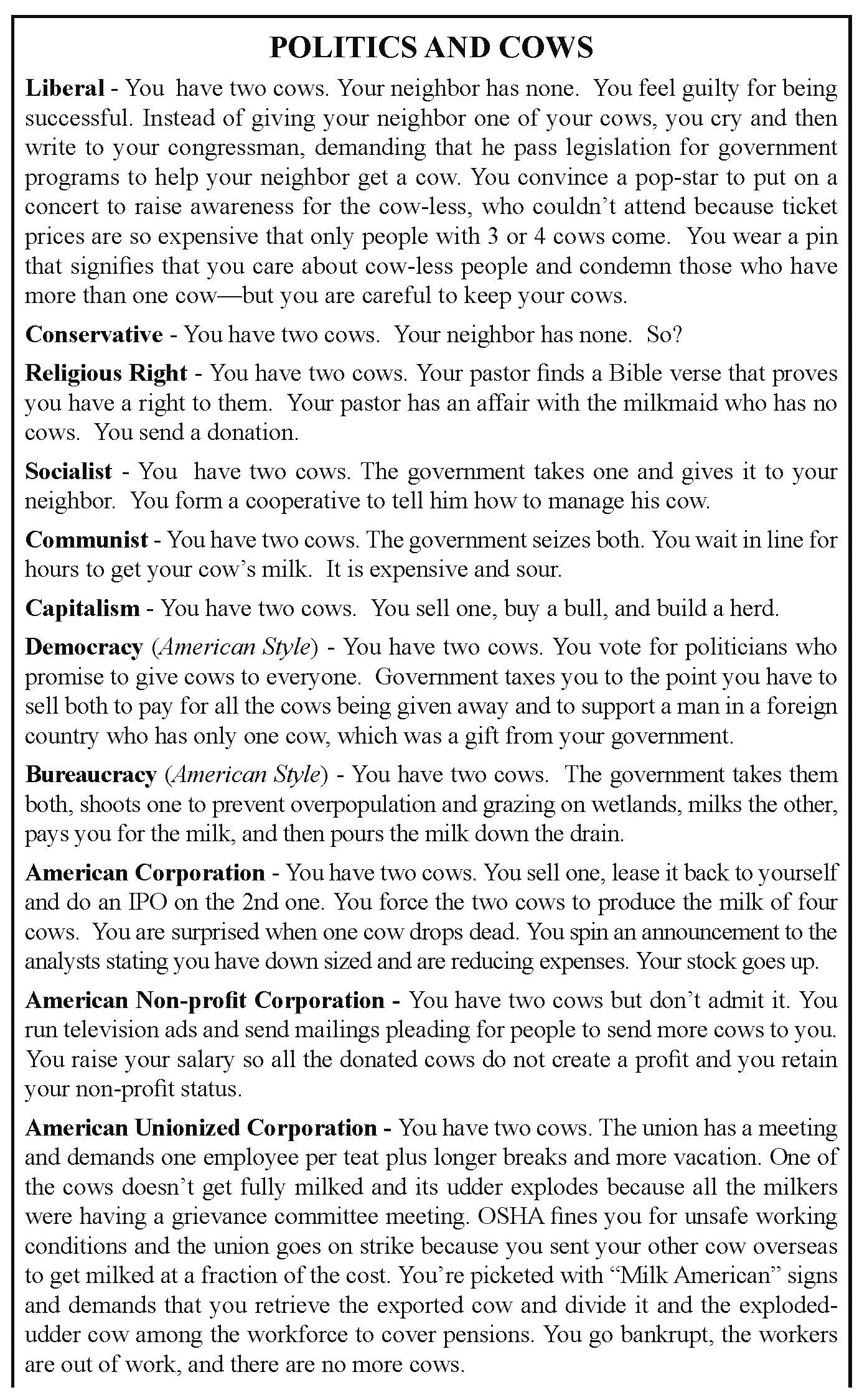
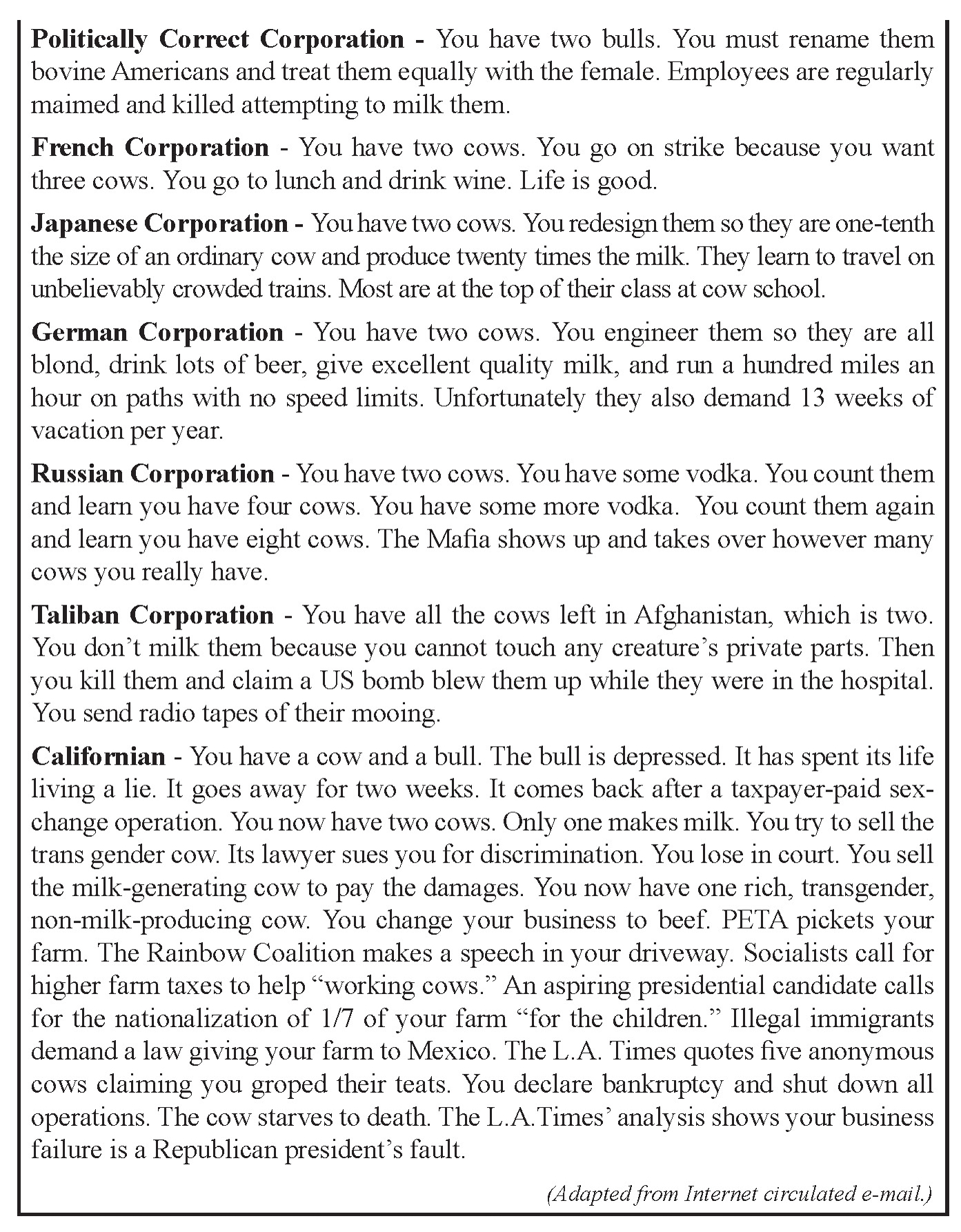
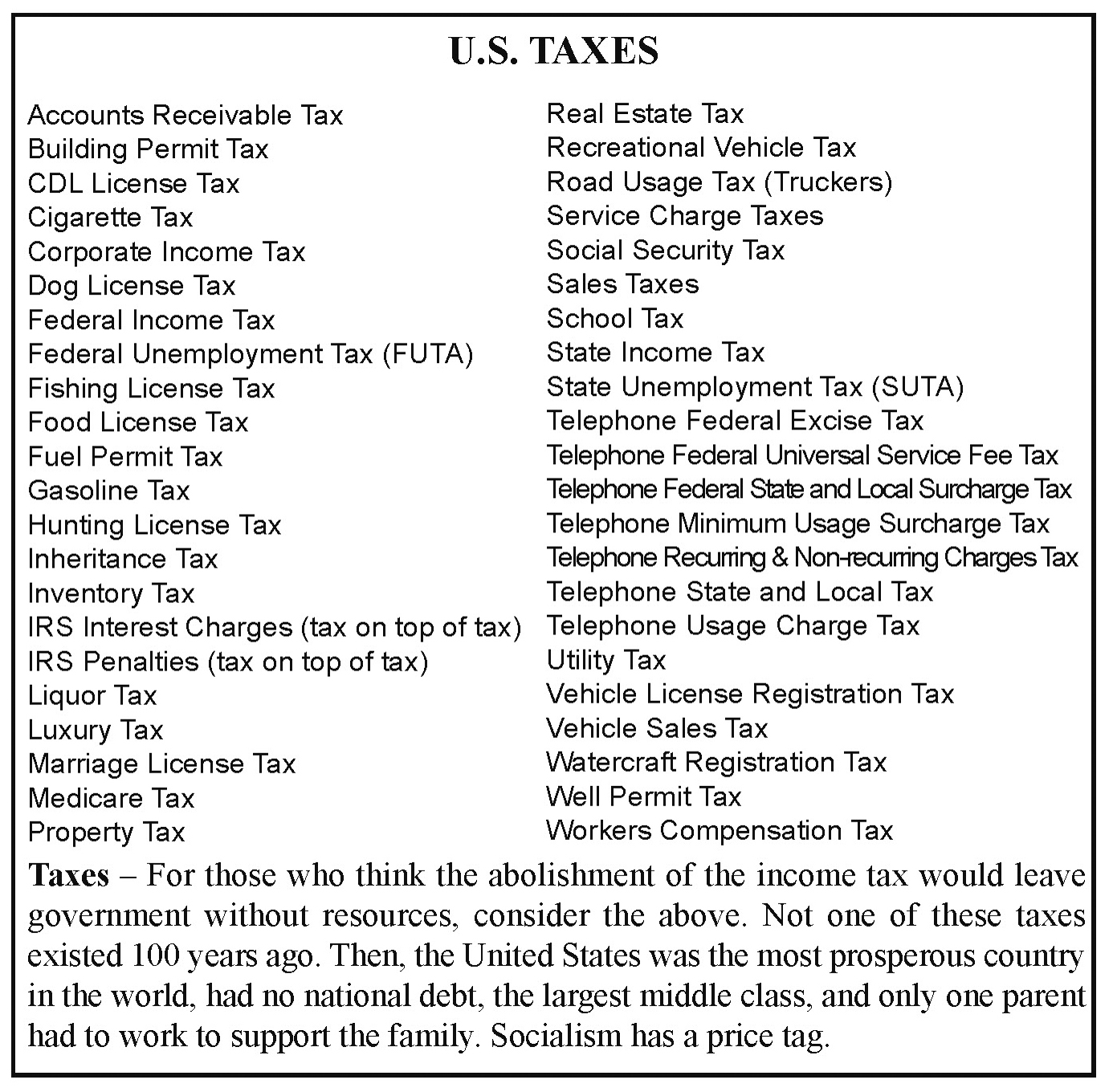
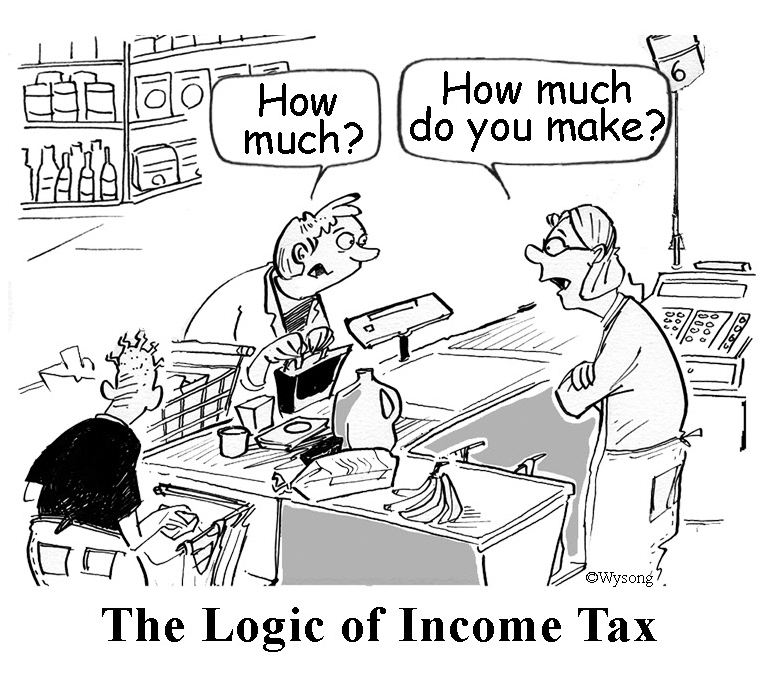
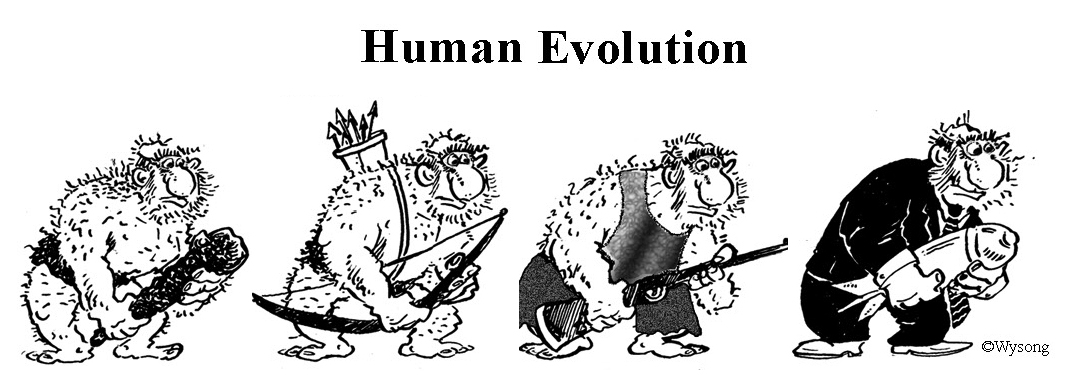
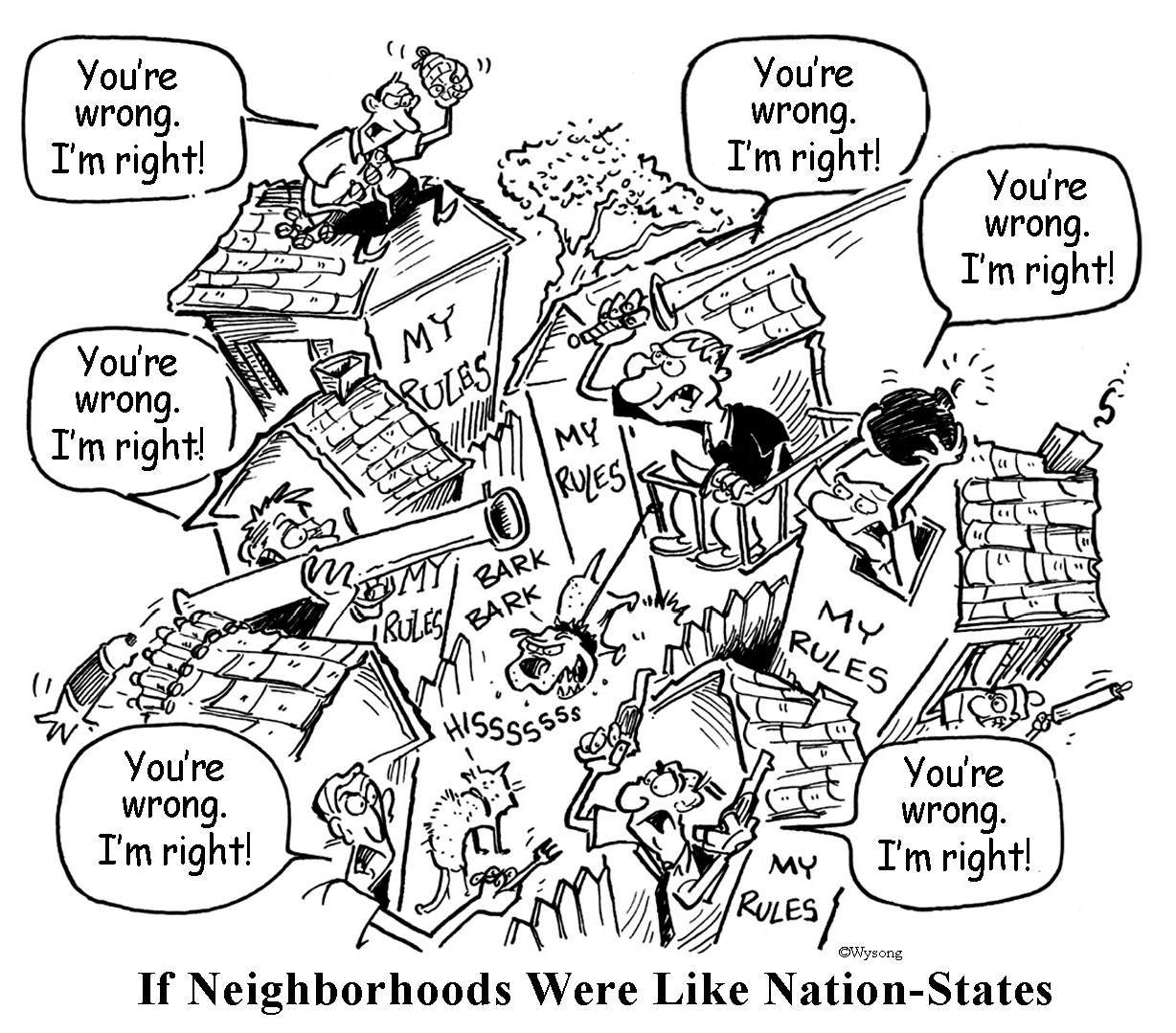
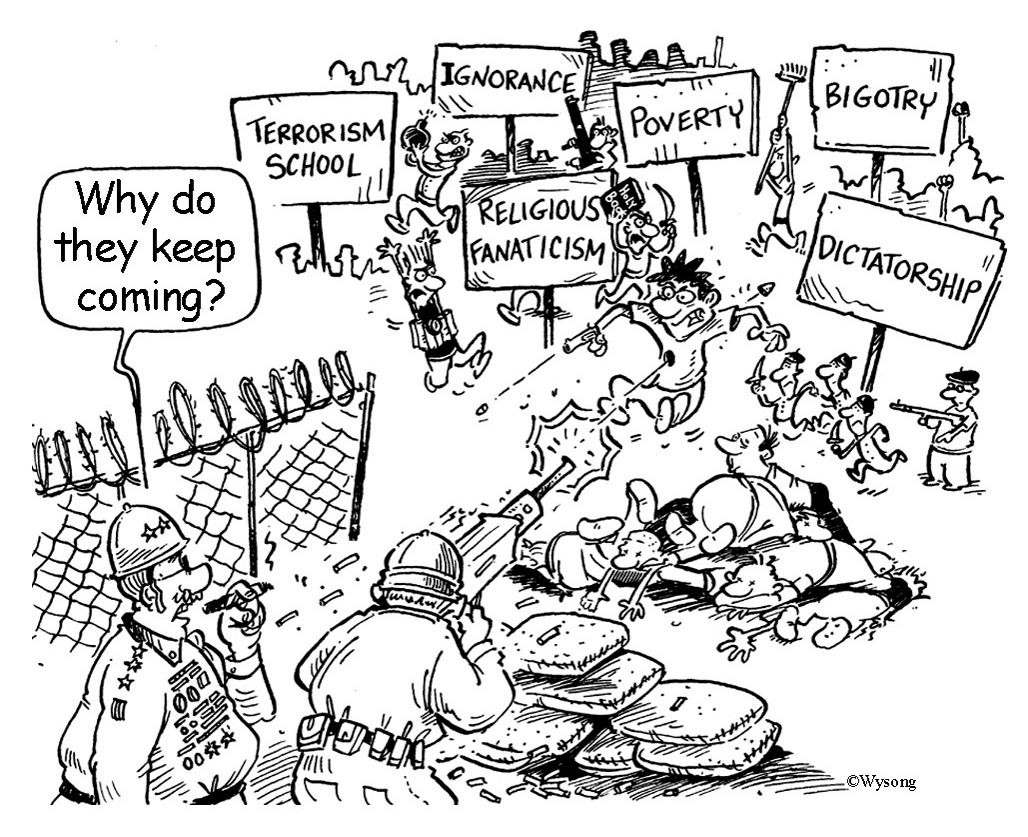
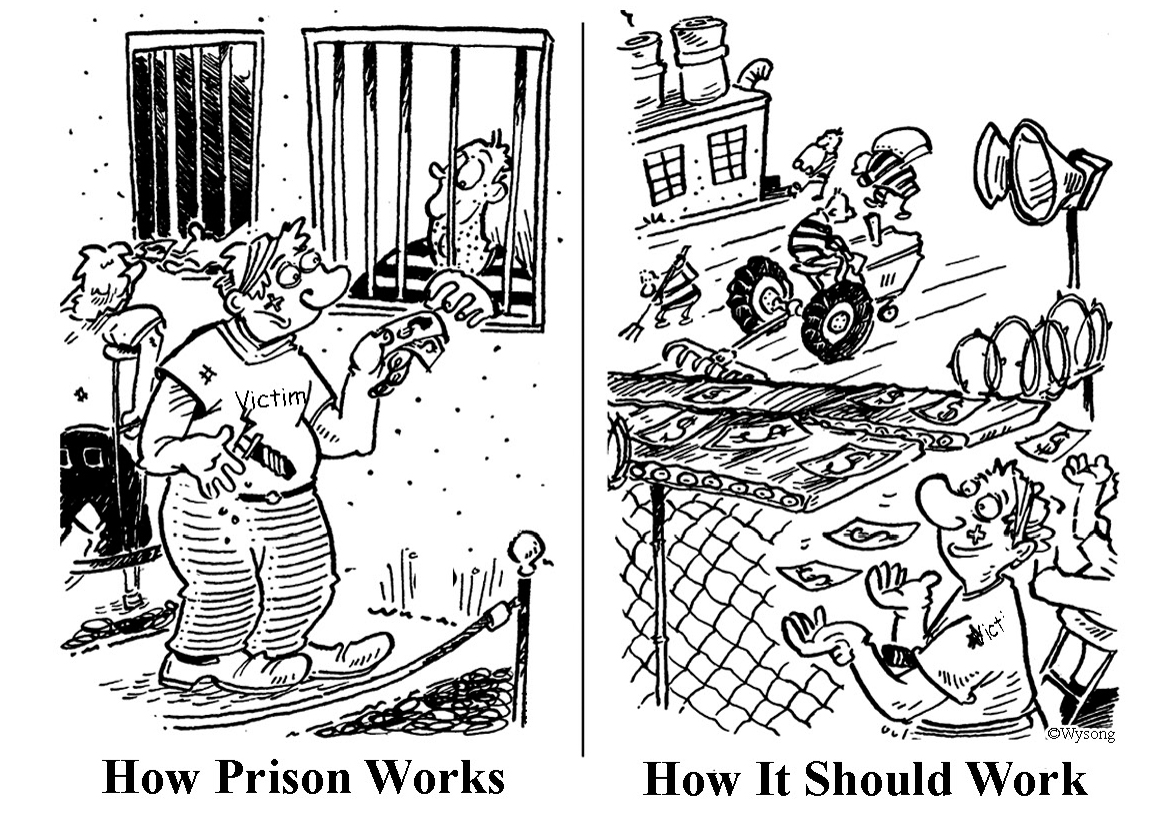
 RSS Feed
RSS Feed
 Twitter
Twitter
0 Comments